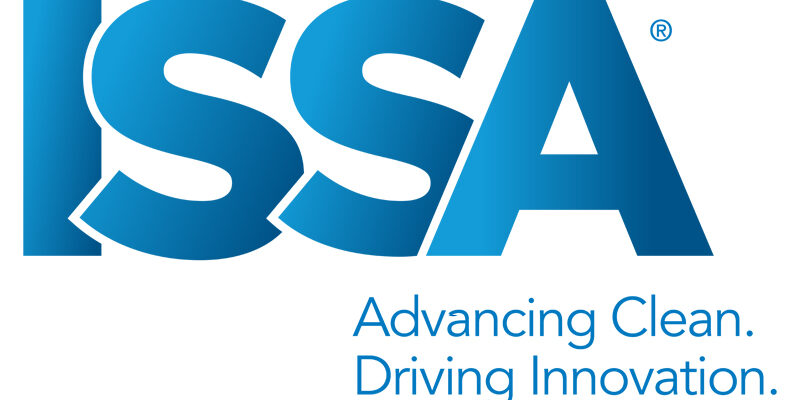Managing a High-Performance Sales Team

By John Monroe
The perfect storm has been created for companies wanting to get their sales departments and sales team back to pre-COVID-19 levels. Take COVID-19, overlay ‘the Great Resignation,’ and the demand for sales representatives and frontline sales managers has become extremely competitive.
The number of sales positions posted on ZipRecruiter on any given day exceeds 2,000,000, which is 15% of the total sales jobs in the United States, according to the U.S. Bureau of Labor Statistics. Then, add the ‘tsunami’ of sales divisions having the highest churn of any department in a company. According to HubSpot, sales turnover is nearly three times higher than any other occupation, and the average tenure of a sales rep is 18 months. That’s a serious issue considering that most sales reps hit their maximum potential 2-3 years into their role, according to Xactly.
Can this story get worse? Unfortunately, yes.
High-Performance sales team turnover is real—and scary
Sales turnover impacts not just your top line, but also your bottom line. The average replacement cost of a sales rep is 1.5 to 2 times an employee’s annual salary, based on research done by Hire Velocity.
This means if you’re paying your current sales rep a $50,000 salary, it’s going to cost you $75,000 to $100,000 (hiring cost, training, and salary) to replace them. Now, consider that it takes approximately 6 months to fill a sales role and 3 months to train and ramp up the person to productivity level, only for them to leave in 18 months.
So, what can you do to keep your top sellers around? There are plenty of reasons why people leave their jobs, and while you can’t eliminate turnover altogether, you can improve sales rep retention.
Here are 5 ways to drive a high-performance sales team:
1) Manage effectively and considerately
The title of this article states the most important factor for high turnover: management. As the well-known quote from the book Extreme Ownership states, “There are no bad teams, only bad leaders.” Are you prepared to manage and coach your sales team? The successful sales manager does both deliberately, and on purpose. They manage the sales process and coach the person all at once. There are three ways to do this:
- Sit down with your salesperson during their training period and create a written sales plan that states the strategies to be used when calling on each target market. The strategies should be SMARTER. (Specific, Measurable, Achievable, Relevant, Time-Bound, Evaluate, and Review). Give the salesperson an annual sales and expense budget so they understand that the strategies in the sales plan will help them realize these sales goals.
- Hold a weekly sales meeting with each salesperson. Sanctify the day and time and have an agenda. This meeting allows you and your salesperson to evaluate and make sure their behaviors match their strategies. Each meeting should begin with you recognizing their success and telling them how good you feel about what they did right. If their performance is below expectations, then address it in this meeting. Express how you feel about their performance and its impact on them reaching their goals. Remind them that you have confidence and trust in them. Once the poor performance is addressed, have the ‘memory of a goldfish.’
- Get in the car with your salesperson and do a full-day ride-a-long at least once a month, but preferably twice a month. This allows you to listen and observe their behavior to make sure it matches their strategies. This is your time to coach by encouraging the salesperson to self-evaluate their performance. This is also time, just like in the weekly meetings, for you to recognize success and address poor performance.
2) Develop an onboarding and training program
Have a written onboarding and training program for your salesperson. People want to work for a company that is organized and has a plan. Show that you are a world-class company the day the employee starts. If you want to reduce the time it takes to ramp up your salesperson to reach the desired level of productivity, then have a training program that offers structured learning of your services and products and commit to effective coaching with continuous feedback.
3) Create a growth development strategy
Develop your salesperson’s skills and create a growth development plan for each of them. Have a career path for rising stars, but also offer the “Jungle Gym ladder” for those sales superstars who are not management material. Jungle gyms go up but also side to side. Not every great salesperson makes a great manager, so you need to be sure to create opportunities that match the salesperson’s career goals and abilities. Have a plan to provide professional development opportunities for every person on your team.
4) Utilize sales team technology to your benefit
Use technology to help reduce the time it takes to do the administrative tasks. A solid Customer Relationship Management system (CRM) is a must! I can’t stress this enough. Your CRM is not just a place to keep names, phone numbers, and addresses. It must capture all forms of communication with the client through easy-to-use integration with your phone, email, and operations platform. Your CRM should help the salesperson with marketing tasks, sales intelligence, and prospecting. Great salespeople know that money is made by being in front of the customer, but they also want to have a CRM that makes it easy to track those customer interactions.
5) Reward and incentivize
Reward performance! Salespeople are in sales for two reasons: they like overseeing their schedule, and they want to make money. Offer a competitive salary that allows your salesperson to meet their basic needs, but then offer a simple, easy-to-understand, unlimited commission plan. Create additional hurdles that allow superstars to earn more cash or trips. Show your appreciation for good performance.
Building and retaining a high-performance sales team begins with you. To help you remember your role, here are my ABCs of Management: hold your sales team Accountable by managing the metrics weekly in your sales meetings. Develop a written sales plan and then coach the strategic Behavior of your sales team to meet the sales goals. Coach the message that each salesperson gives during twice-monthly ride-a-longs. Finally, be Consistent in your execution of tracking A and reviewing B weekly.
The only question now is, what are you prepared to do?
John Monroe is a Business Development Advisor for Violand Management Associates (VMA), a highly-respected consulting company in the restoration and cleaning industries. Monroe is a leading expert in marketing, sales and sales management for the restoration and cleaning industries with over 30 years of experience in those fields. Through Violand, Monroe works with companies to develop their people and their profits. To reach him, visit Violand.com or call 800-360-3513.












